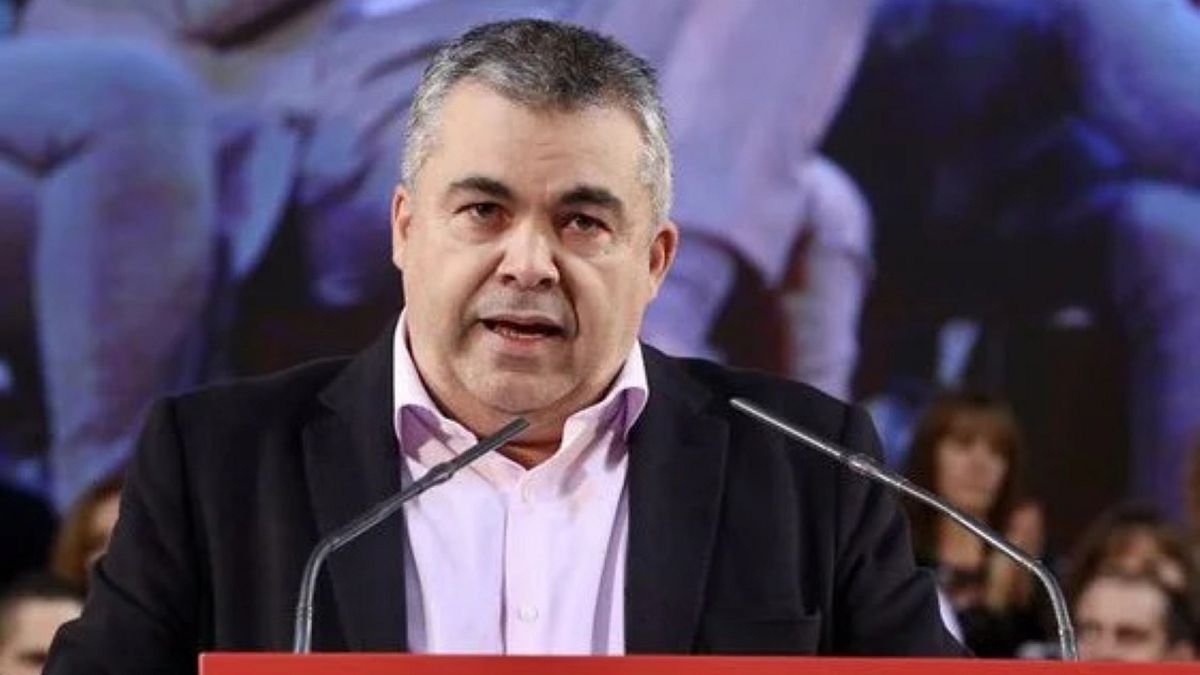

In the delicate dance of European politics, recent developments illustrate both the challenges and opportunities that lie ahead for leaders across the continent. From political upheaval in Spain to economic policy adjustments in the UK, and electoral reform debates in France, the pulse of democracy is vibrant and ever-evolving.
In Spain, a significant legal development has emerged as former aide to the Spanish Prime Minister, Santos Cerdán, faces detention without bail amid a corruption probe. This case has intensified public scrutiny and put additional pressure on Prime Minister Pedro Sánchez. The situation has reignited calls for accountability, compelling the Prime Minister to address public concern and stave off opposition demands for a swift general election.
Meanwhile, across the Channel in the United Kingdom, the Labour Party navigates complex waters under the leadership of Keir Starmer. As the economy shows signs of stagnation, British unions are pressing for more substantial reforms. Public sector pay rises and advances in employment rights have been acknowledged, but the unions stress that significant steps remain necessary to invigorate the economy. Such dialogues underline the delicate balance of governance as the Labour Party seeks to maintain alignment with its grassroots support while addressing broader economic concerns.
The welfare bill has emerged as a decisive issue within the UK’s political landscape. Prime Minister Starmer faces a pivotal Commons challenge as parliamentarians gear up for a vote on proposed changes. Business Secretary Jonathan Reynolds advocates for the reforms, emphasizing that they are designed to safeguard the vulnerable and reflect an effort to improve long-standing issues within the welfare system. Yet, the path is fraught with contention, as dissent remains among Labour MPs. Meg Hillier, a notable former rebel, has shifted her stance, expressing support for the bill after assurances received from Downing Street, a move that may influence the broader trajectory of the vote.
In France, the focus shifts to electoral reform as François Bayrou continues to champion the introduction of proportional representation in legislative elections. However, this initiative faces resistance from within his own ranks, notably from Les Républicains and Horizons, the party of former Prime Minister Édouard Philippe. Bayrou’s quest for a majority coalition necessitates negotiations with the left and the far-right Rassemblement National to garner the necessary support. This reflects a broader trend of evolving political alliances and the strategic concessions necessary to achieve reform.
Through these multifaceted political landscapes, European leaders are engaged in a continual effort to balance policy priorities with party dynamics. As conversations around governance, reform, and accountability unfold, it remains clear that the commitment to democratic principles and effective leadership is paramount in navigating complex political tides.
As these stories develop, they serve as a testament to the vibrant, albeit challenging, nature of political leadership in Europe today, where compromise, dialogue, and strategic vision continue to play critical roles in shaping the future.
Source: {link}
